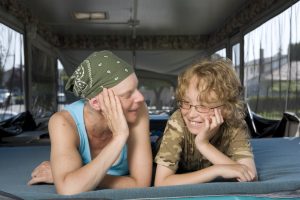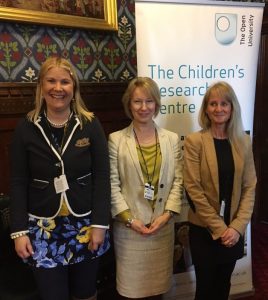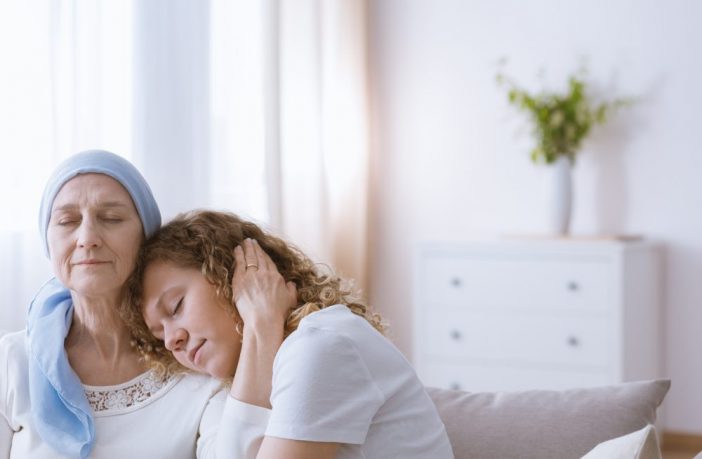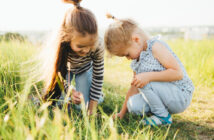Lucy is 16, and her Mum was diagnosed with breast cancer a year ago. Although she’s got older siblings she is the only child living at home and has ended up taking on some caring responsibilities to help her Mum. The stress and upset of this family health crisis has caused Lucy to suffer with depression. It has had an impact on her school work too, which she’s found very upsetting.
Lucy is just one of the million children in the UK who are living through a family health crisis, with a parent or carer who has a very serious illness such as cancer. New research from The Open University has, for the first time, identified the scale of the problem and the needs – often unmet – of these children.
An invisible group

Academics from the Children’s Research Centre at the OU worked with the charity Hope Support Services, which supports young people going through a family health crisis. Professor of Education at the OU, Jane Payler, is co-author of the report and co-Director of the Children’s Research Centre. She said:
“Children whose parents or carers are seriously ill are an ‘invisible’ group and are suffering themselves with mental health problems and a lack of support. Many of these children are experiencing distress, anxiety, becoming depressed and isolated, and they fall behind at school – often being labelled ‘difficult’.”
Children whose parents or carers are seriously ill are an ‘invisible’ group and are suffering themselves with mental health problems and a lack of support.
Limited provision

The research report was launched at the Houses of Parliament (L-R: Dr Stephanie Bennett, Prof. Jane Payler and Dr Victoria Cooper of the OU)
The research investigated the need for support services nationally, examining the support young people needed, the ways in which Hope addressed those requirements and the benefits the children got from this service.
Dr Victoria Cooper, co-author of the research report and Co-Director of the Children’s Research Centre at the OU says that support for these children is inadequate:
“Despite it being widely recognised that intervention and targeted support is the best way to help young people in this situation, there is limited provision across the UK which is inconsistent and lacking direction from government policy.”
Policy makers should take notice
Hope was established by Sue Trevethan in 2009. She was diagnosed with cancer three years earlier but found no support available for her three children as she battled the disease. Hope has supported 380 young people since it was set up, through youth sessions, 1 to 1 sessions, youth activities and online support nationally.
Clare Thomas, CEO of Hope, says: “Hope has been delivering a range of services to this group of young people for 8 years. We therefore have evidence of their needs and the ways in which our work can make a long term difference to their lives. However, this report will be vital to Hope’s future – to be able to be able to assess the level of need nationally and plan a response, while persuading policy makers to take notice of this hidden group of children”.
Research recommendations
The research report recommendations are:
- Collect national data regularly
- Review and revise national and local policies – recognising that C&YP need additional educational support; support services need to combine flexible face to face support as well as access via different media; education, health and social care professionals need additional training to help understand the needs and experiences of children in this situation; a vital aspect of support is a small network of trusted youth workers and peers experiencing similar situations
- Review accessibility of these services to those from minority backgrounds
- Involve young people in the design and delivery of support



